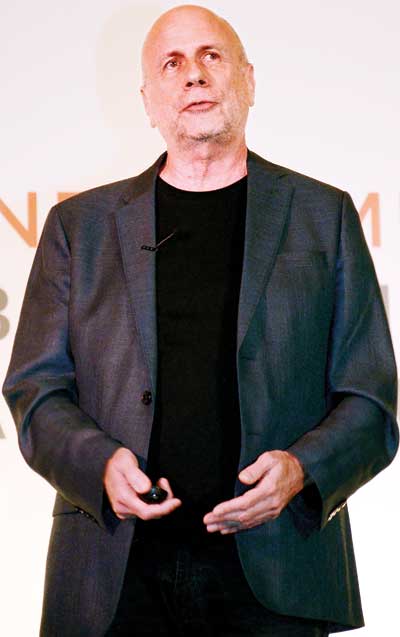31 Jul 2015 - {{hitsCtrl.values.hits}}
 The corporate and academic sector in Sri Lanka was recently given a lesson on the power of simplicity by Ken Segall, who was the Creative Director of Apple Inc.’s advertising agency TBWA/Chiat/Day. Segall worked closely with Apple Founder/CEO Steve Jobs for 14 years, thereby having a comprehensive insight into Apple’s theory of simplicity.
The corporate and academic sector in Sri Lanka was recently given a lesson on the power of simplicity by Ken Segall, who was the Creative Director of Apple Inc.’s advertising agency TBWA/Chiat/Day. Segall worked closely with Apple Founder/CEO Steve Jobs for 14 years, thereby having a comprehensive insight into Apple’s theory of simplicity.
25 Nov 2024 20 minute ago
25 Nov 2024 25 minute ago
25 Nov 2024 29 minute ago
25 Nov 2024 2 hours ago
24 Nov 2024 24 Nov 2024